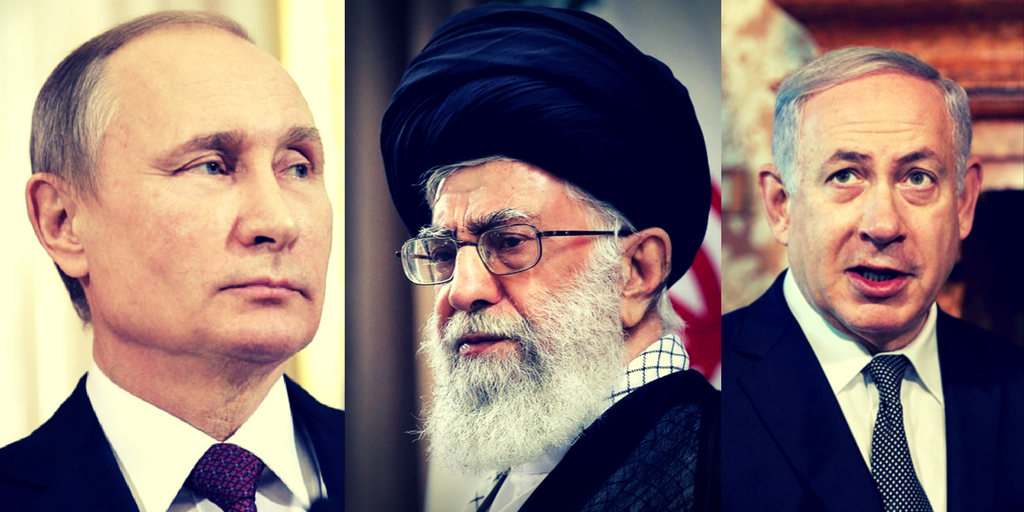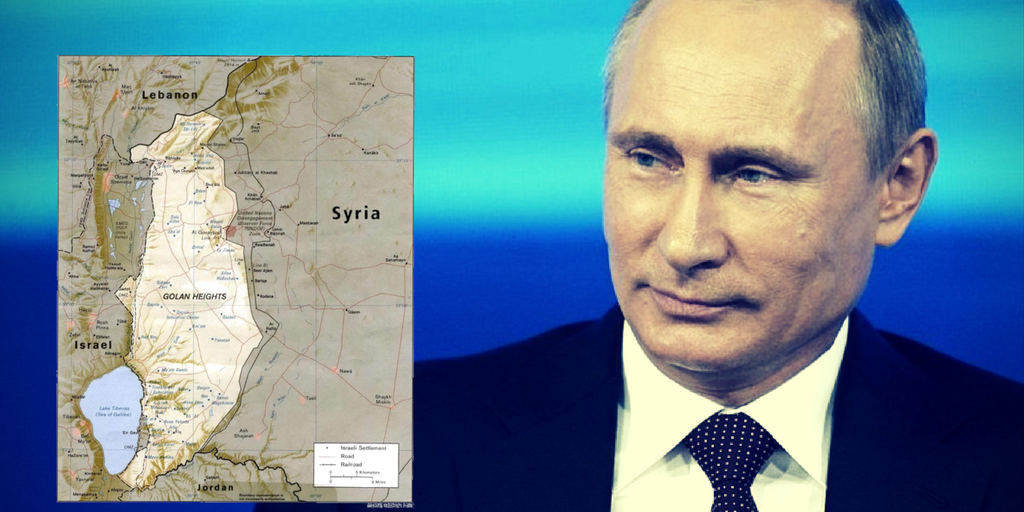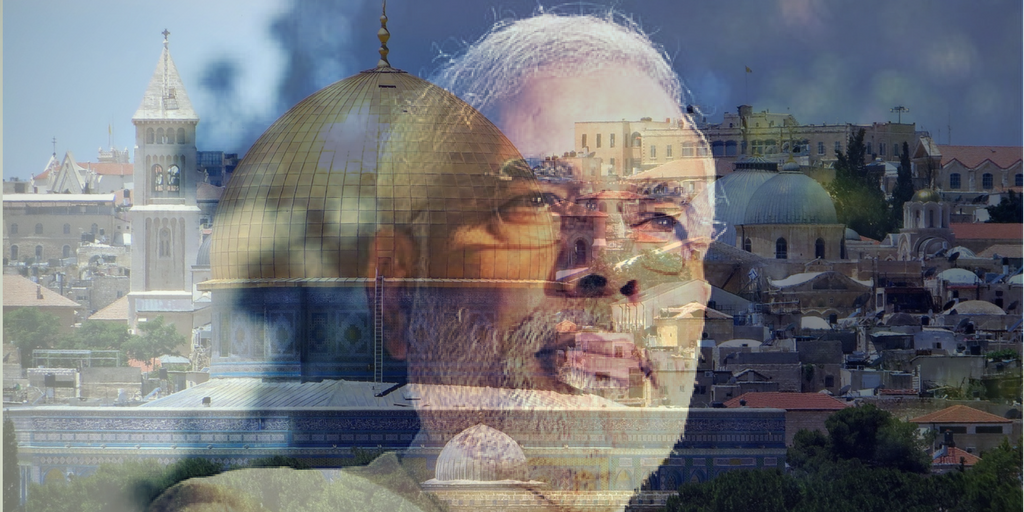With all of the focus on President Trump’s new Afghanistan policy, the other sections of the speech given Monday hold within them a major shift in policy in Asia.
President Trump said the following:
“The next pillar of our new strategy is to change the approach in how to deal with Pakistan. We can no longer be silent about Pakistan’s safe havens for terrorist organizations, the Taliban, and other groups that pose a threat to the region and beyond.”“Pakistan has much to gain from partnering with our effort in Afghanistan. It has much to lose by continuing to harbor criminals and terrorists. In the past, Pakistan has been a valued partner. Our militaries have worked together against common enemies. The Pakistani people have suffered greatly from terrorism and extremism. We recognize those contributions and those sacrifices, but Pakistan has also sheltered the same organizations that try every single day to kill our people. We have been paying Pakistan billions and billions of dollars, at the same time they are housing the same terrorists that we are fighting. But that will have to change. And that will change immediately.”
Then Trump spoke about India, as if to indicate America’s intention to shift away from Pakistan to India.
“Another critical part of the South Asia strategy or America is to further develop its strategic partnership with India, the world’s largest democracy and a key security and economic harbor of the United States. We appreciate India’s important contributions to stability in Afghanistan, but India makes billions of dollars in trade with the United States, and we want them to help us more with Afghanistan, especially in the area of economic assistance and development. We are committed to pursuing our shared objectives for peace and security in South Asia and the broader Indo-Pacific region.”





